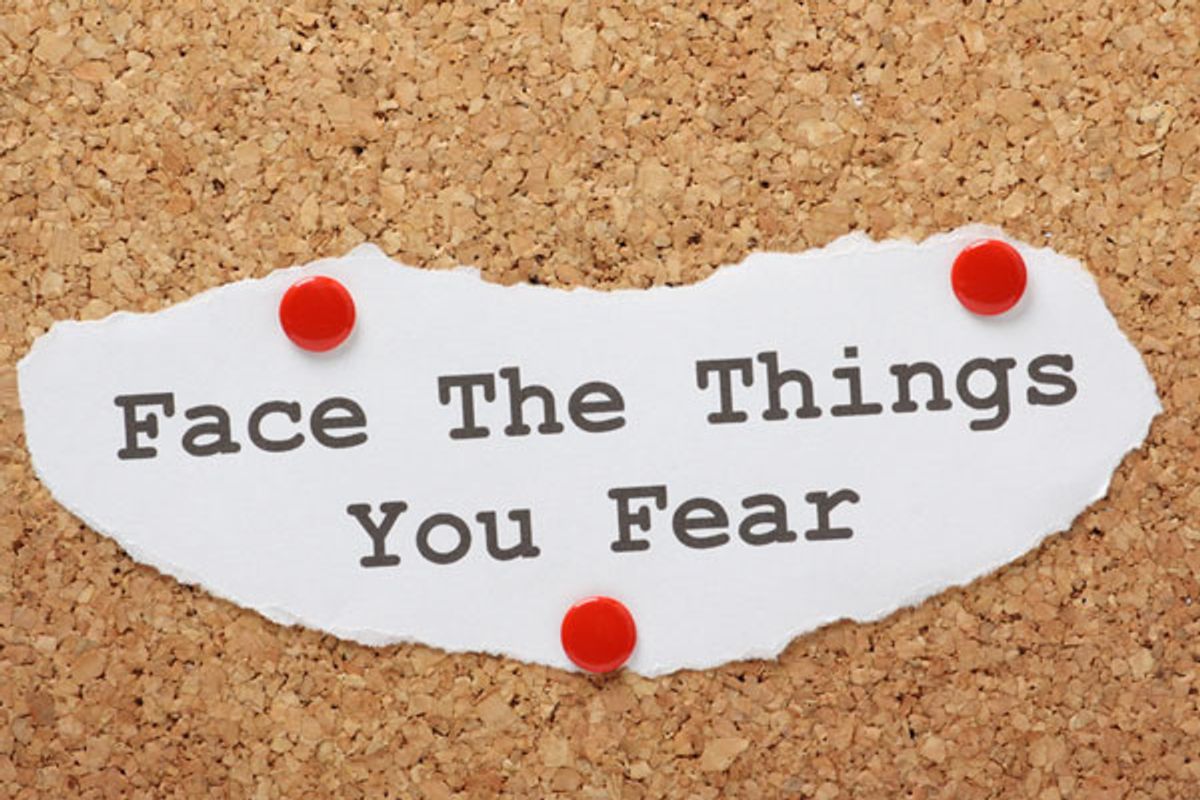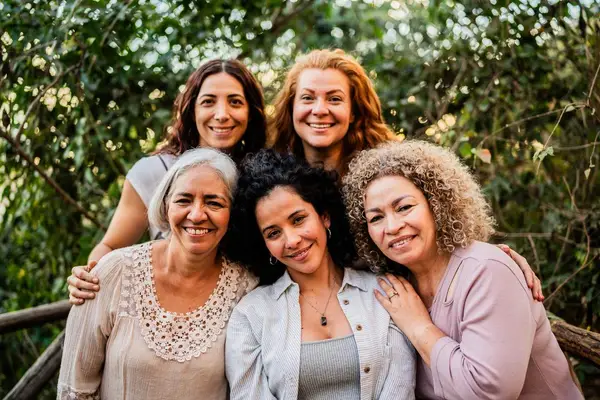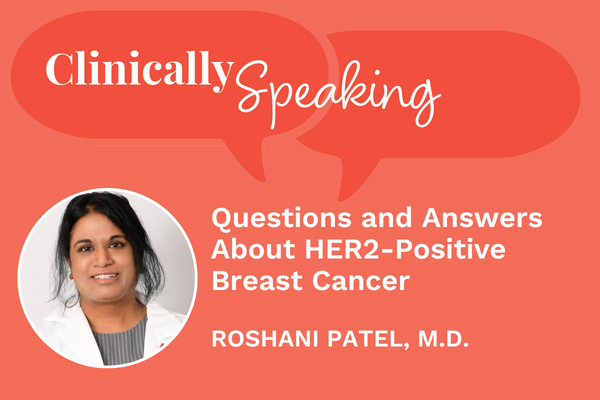If you're scared that you will one day hear the words, "You have breast cancer," you've got plenty of company. Breast cancer is the most feared cancer among women. Sometimes, it's not just the word "cancer" that's at the root of the fear, but dread of issues associated with treating cancer, such as surgical complications and medication side effects. Perhaps you've been through a breast cancer diagnosis with someone close to you and know how difficult it can be.
While these are understandable fears, the danger is that some women are so overwhelmed with anxiety that they postpone screenings, such as breast exams and mammograms, or even skip them altogether for fear of bad news. Yet these are the very examinations that can help save lives by finding cancer early on, when it's most treatable.
Women who are newly diagnosed with breast cancer face a different set of fears as they go through various stages of anxiety and acceptance. Many are in a state of denial at first. This can quickly turn to anger and a feeling that their world has been turned upside down. Some women wonder what they have done to deserve this and are unsure about the best road to recovery. Eventually, reality sets in and treatment begins, which is when many women feel better and more in control of their disease because they are actively fighting it.
Those who survive breast cancer struggle with the fear that their cancer might return. Every post-treatment checkup, mammogram and blood test is anxiety-ridden as she awaits the results.
The lowdown…don't let breast cancer blindside you
The reality is that as you age, your risk for developing breast cancer increases. Most of us know women who have battled breast cancer. Advances in methods of detection and treatments have transformed breast cancer from what had been considered a dreaded disease—what some perceived as a death sentence—to one that most women can and do beat. In fact, when breast cancer is found at its earliest, most treatable stage, a majority of women (98 percent) will go on to live full, healthy lives after treatment. So, it's important to keep up with recommended screenings and exams.
If you're 40 years or older, you should get a routine mammogram. In addition to the fear of getting a suspicious mammogram result, you may also be embarrassed to bare your breasts, or perhaps you'd rather avoid the discomfort that comes with positioning and squeezing the breast to take the image. But some temporary uneasiness and minor discomfort is a small price to pay if it means detecting breast cancer early.
If you're new to the task, ask the technician to explain what to expect. Be sure to find out when you can expect the results, so you aren't consumed with worry if you don't hear right away. If you are asked to come back and repeat the test, don't be alarmed. The film may have been difficult to read. If your doctor does notice something suspicious on your mammogram, he or she may order a biopsy to remove a sample of breast tissue and examine it for cancer. To put your mind at ease, consider that four out of five biopsies will not be cancer, but it's better to be safe than sorry.
It's also important for you to talk with your health care provider to learn about your personal risk of developing breast cancer so that you can decide how to stay on top of your breast health. While you're at it, ask about lung cancer and heart disease, too—these are the leading causes of death among women. And don't forget periodic breast self exams. Many women neglect doing these exams for fear of ending up in the doctor's office every month with a new lump and bump, but it's important that you get to know your breasts over time so you notice any changes.
Attitude and support eases anxiety
Having breast cancer is a difficult experience. You are probably worried about the road ahead, how your diagnosis will affect the important relationships in your life and your body image, as well as family and work obligations. Seeking emotional support and maintaining a positive attitude (as best you can) will help ease your anxieties.
Here are some tips:
- Practice the art of happiness. It may be easier said than done, but try not to get weighed down with grief and worry. Boost your spirits whenever you can by meeting a friend for lunch, writing (and referring to) inspirational messages in a journal or going for a walk in a park.
- Join a breast cancer support group where you can share your anxieties with other women who are going through the same thing and have similar concerns. If you feel more comfortable chatting with others from the comfort of your home, there are safe message boards at sites like Breastcancer.org.
- Don't be afraid to express your fears to your loved ones. You're not Superwoman, and it's OK to share the burden. For many women, the old adage "what doesn't kill you makes you stronger" applies.
- Take a deep breath. If you notice that your mind is swirling with worry, try meditation or deep-breathing exercises.
- Ask questions. Your mind may get ahead of you at times, so ask questions to make sure you aren't worrying unnecessarily.
- Don't let cancer define you. You had a life before cancer, and there is life after, so don't lose sight of who you are. Stay connected to the people and activities that are important to you.
- Metastatic Breast Cancer ›
- Supporting a Friend Who Has Breast Cancer ›
- Covid-19 Vaccines and False-Positive Mammograms: When Should You Get Screened? - HealthyWomen ›
- How to Do a Breast Self-Exam - HealthyWomen ›
- What You Need to Know About a Breast Biopsy - HealthyWomen ›
- Lo que debes saber sobre las biopsias de mama - HealthyWomen ›
- Coping with Emotions After Breast Cancer Diagnosis - HealthyWomen ›







